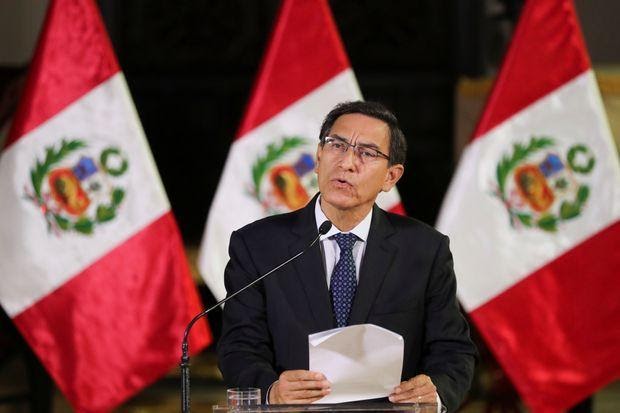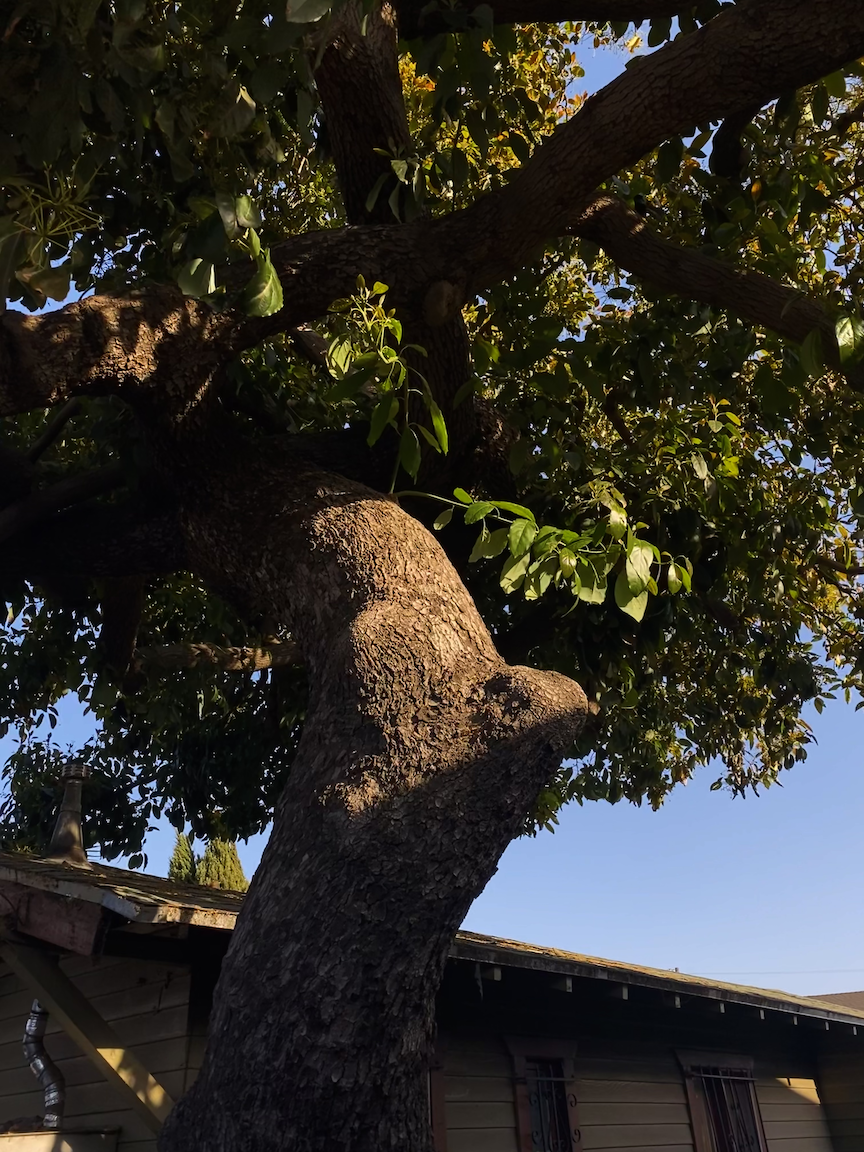UCPD Arrests Report Galvanizes Efforts Towards a Police-Free Campus
By: Angela Vargas, Ruth Rodriguez, and Karim Hyderali
On Monday, May 10th, 2021, a report by the No UCPD Coalition was released to the public. The report entitled “Policing UCLA: UCLA PD Arrests (2013-2018)” detailed how the UCLA Police Department arrests Black individuals at disproportionate rates. Black individuals made up 29% of the arrests even though they are only 2% of the Westwood population.
The report was created by the No UCPD Coalition, a BIPOC, student-led organization on UCLA’s campus that aims to “defund, disarm, and disband the UCPD.” The authors, Andrew Guerrero, Ary Sanchez-Amaya, Michelle Servin, Jai’Myah Henderson, Humberto Flores, & Moe Miller wrote this report in collaboration with Million Dollar Hoods (MDH) and Power Now!
Beyond the main finding regarding the disproportionate targeting of Black individuals in Westwood, the report also displayed that “about $88 million in money bail was levied against arrested persons.” Over 22% of that money bail was levied against Black individuals alone.
Author Andrew Guerrero, a UCLA alum and PhD student at Harvard, took the lead on submitting public record requests from UCPD. Guerrero explains that this information is being sought at all nine UC campuses. UCLA has been the most cooperative in providing these records, while other campuses like UC Riverside have been “dismissive” of their requests.
Fellow author Humberto Flores, a UCLA alum and PhD student at UC Riverside, explains that the data found in this report isn’t too surprising, as it follows the same trends outside of Westwood where Black and Latinx people are only a minority of the population but a majority of the arrests made by the police. He states that this data, “confirms what policing does [to communities].”
First-hand experience with the police served as motivation for both authors to look into this work. They were both members of Million Dollar Hoods and Underground Scholars Initiative where they had exposure to this type of data collection and analysis. Additionally, Flores stated that coming from communities that are hyper-policed and seeing the effects that has on his community sparked his interest in his work.
These experiences with hyper-policing are what drives the No UCPD Coalition. The organization seeks to remove police officers across all nine UC campuses and have members from each respective institution. They are also creating a fellowship with the Underground Scholars Initiative with a focus on police abolition for all UCs. In the near future, the data gathered by Guerrero will be utilized by the No UCPD coalition to create reports regarding the negative impacts created by UCPD’s policing.
Both authors hinted at releasing reports showing the way houseless individuals are disproportionately targeted by the police as well.
Members of the coalition feel that UCPD behaves no differently from police departments who work outside of campuses. They exist in order to make the white masses feel safer by targeting people of color at a disproportionate rate while trying to convince communities of color the UCPD is here for their benefit.
Both Flores and Guerrero acknowledge that some individuals see the movement for abolition as radical. Since the world has been shaped around the false perception that the police offer a means of safety and security, many still feel uncomfortable even envisioning a world without them.
Studying abroad in Amsterdam at VU University, Flores witnessed the fact that cops off campus is not a radical idea, but instead, a lived reality for many.
While taking a campus tour being led by the Chancellor of the institution, Flores recalled not seeing police officers – something that he found strange considering the abundance of officers on the UCLA campus while he was an undergraduate student.
When asked why there was no university police, the Chancellor of VU laughed and declared that there was no reason to have police. Flores then prompted the question of what was done when protests arose and the Chancellor simply answered, “we bring them pizza.”
Guerrero went on to express the importance of understanding that the UCPD on campus is an urgent issue and is dangerous. He states that when individuals are fearful of the dangers of not having police in the future he answers, “What are we going to do now about the damage that the UCPD is causing?”
Instead of allocating money to police departments that perpetuate danger and are detrimental to the lives of our Black and Brown Bruins, both Flores and Guerrero agree that money should be distributed to programs that will help individuals deal with the issues they are facing. This means granting money towards mental health services, food insecurity, housing insecurity, and more.
The coalition seeks to recreate conceptions of safety for both students and the general public across the country. This is not an overnight process and change will come gradually as abolition and community leaders, such as those within the coalition, figure out how to redefine public safety in a way that serves everyone. While the coalition members are aware that their movement is gaining a lot of attention and momentum from students, Flores stated, “this doesn’t mean we can take our foot off the gas because The Regents will not meet these demands without a huge push from students. This is the first of many things to come.”
To read the “Policing UCLA” report, click here.


